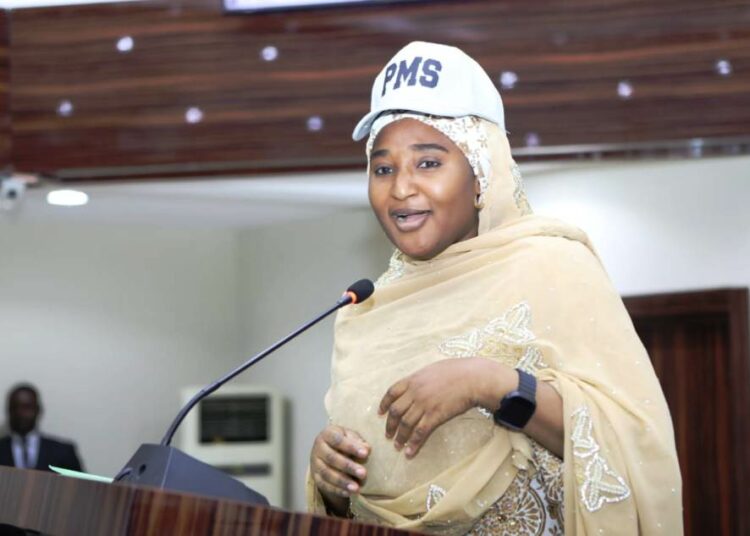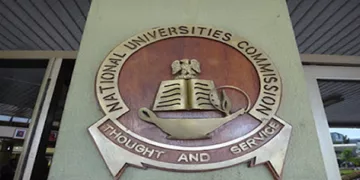The minister of state for Education, Professor Suwaiba Said Ahmad, has rallied commissioners of Education from twelve pilot states behind the ambitious LUMINAH 2030 Initiative, a multi-phase programme set to transform the lives of over one million underserved girls and women by the year 2030.
Describing LUMINAH 2030 as “a national movement to dismantle exclusion, poverty, and silence,” Professor Ahmad urged state-level actors to take ownership of the programme through transparent and equitable implementation.
She highlighted that the twelve pilot states were selected based on data indicating urgent need and potential for high impact.
According to a statement by Boriowo Folasade, director of press, Ministry of Education, LUMINAH 2030 initiative, an acronym for Learning, Uniting, Modernising, Innovating, Nurturing, Accelerating, and Harmonizing, adopts a phased approach that targets both school-aged girls and their female caregivers.
“It begins with the Root Phase, which empowers women through financial literacy and vocational skills training, linking their economic progress to increased school enrollment for their daughters.
“The Stem Phase focuses on providing accelerated, culturally relevant basic education to out-of-school girls aged 5–15, using interactive learning models. Finally, the Bloom Phase supports adolescent girls aged 15–18 with access to senior secondary education, vocational training, and leadership development, thereby equipping them for a productive and empowered future.”
Speaking at the high-level consultation in Abuja, Mrs. Amina Buba Haruna, Head of the LUMINAH 2030 Secretariat, emphasized the importance of state collaboration in shaping inclusive, scalable, and context-sensitive solutions. “This is not just a federal programme, it is a collective responsibility to ensure no girl or woman is left behind,” she said.
The session served as a platform for harmonizing state and federal goals, reviewing implementation pathways, and exchanging strategies to reach Nigeria’s most marginalized populations. The Minister encouraged Commissioners to leverage existing policies, partnerships, and innovations to accelerate delivery.
With over 15 million out-of-school children in Nigeria—60% of whom are girls—LUMINAH 2030 seeks to disrupt the generational cycle of poverty by linking educational access with economic empowerment. The initiative’s sustainability will be underpinned by contributions from federal and state governments, the private sector, and international development partners.
The Federal Ministry of Education remains fully committed to supporting the successful rollout of LUMINAH 2030 through policy backing, technical support, and strong partnerships. Together with the states, we will ensure that no girl is left behind as we build a more inclusive and empowered future for all.
We’ve got the edge. Get real-time reports, breaking scoops, and exclusive angles delivered straight to your phone. Don’t settle for stale news. Join LEADERSHIP NEWS on WhatsApp for 24/7 updates →
Join Our WhatsApp Channel










